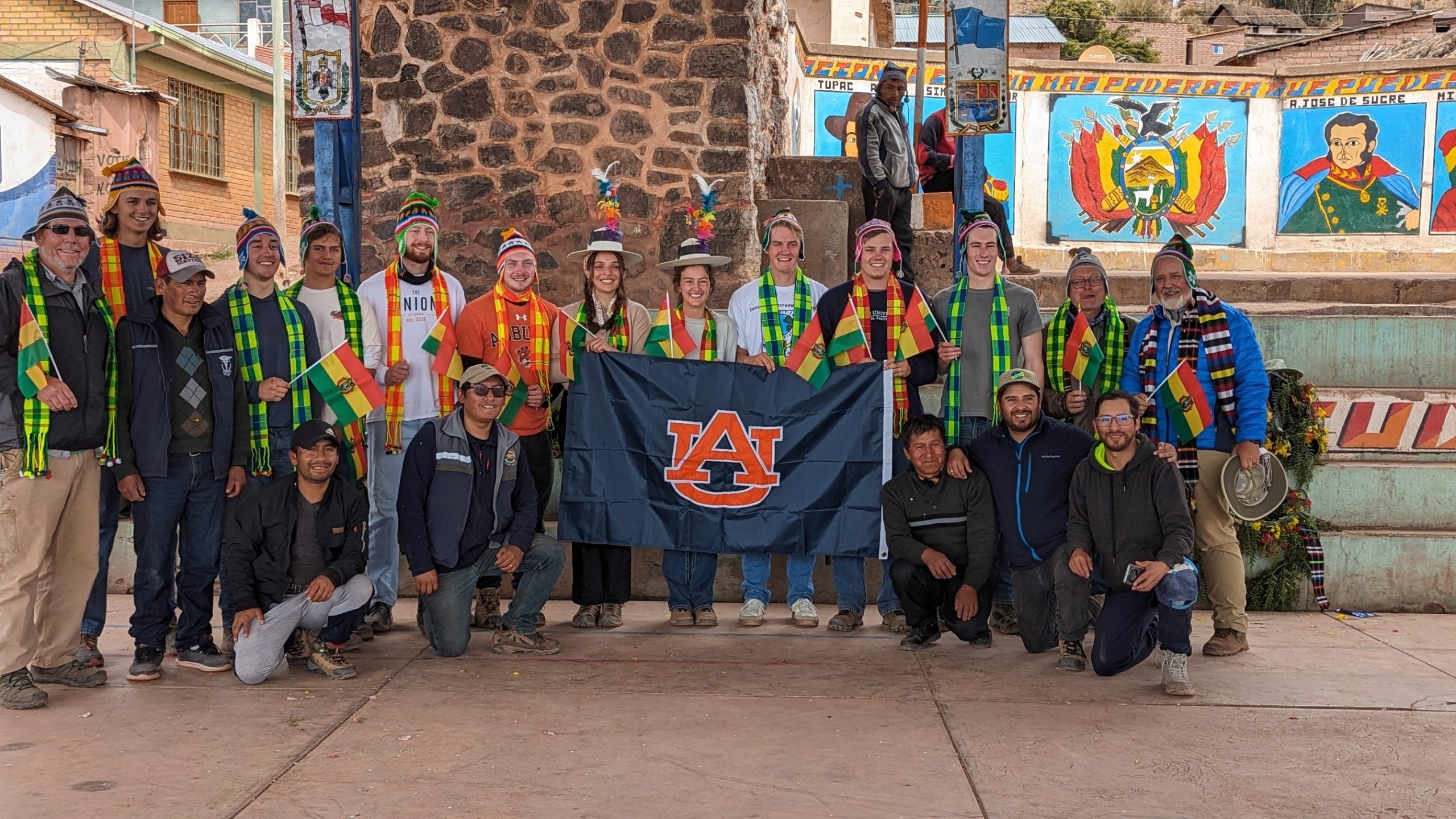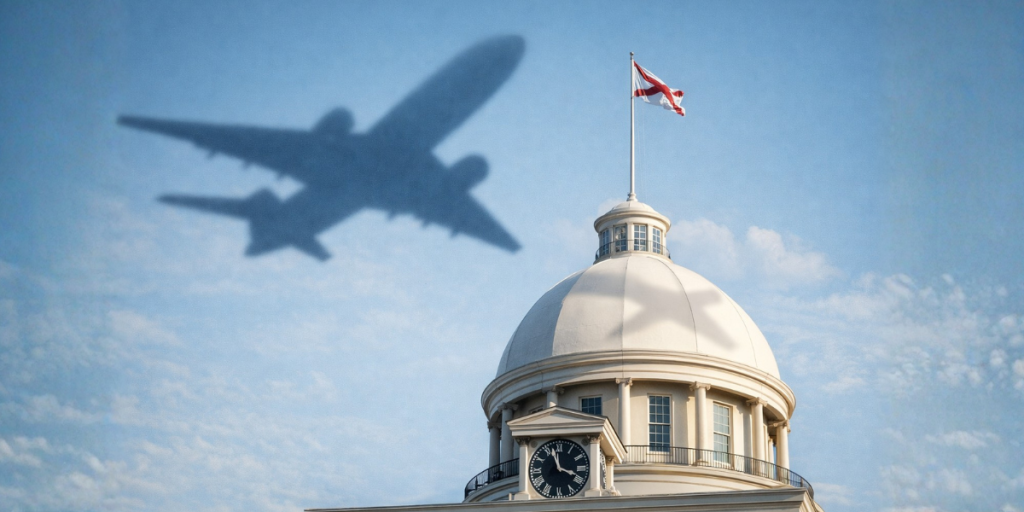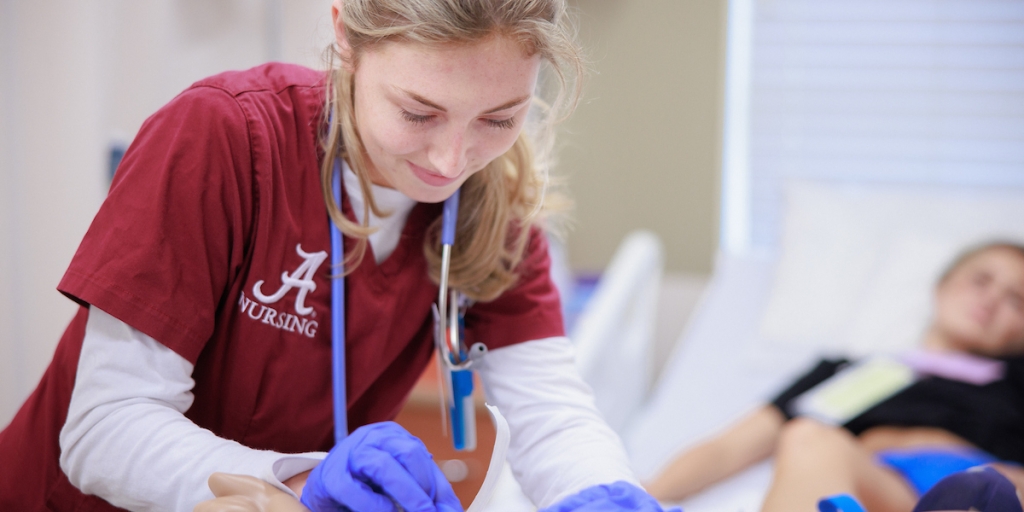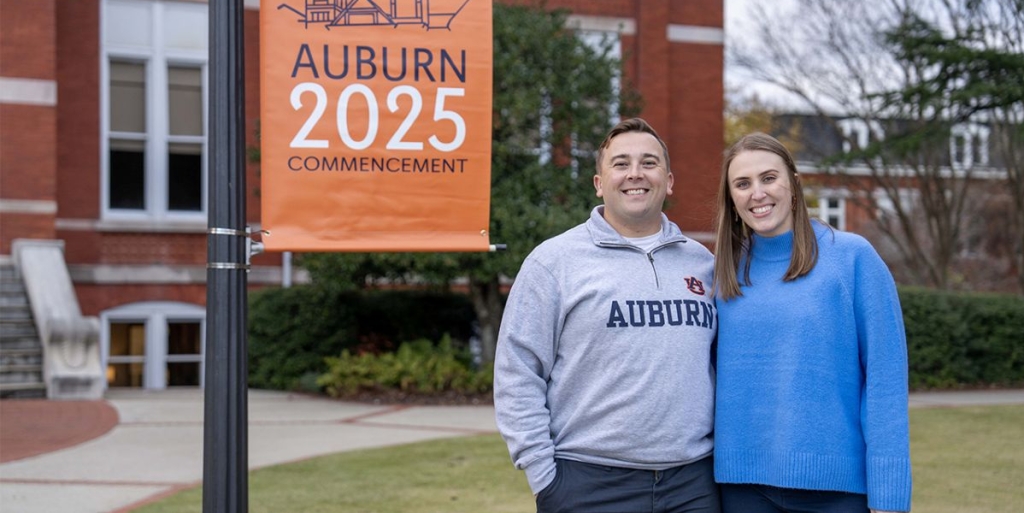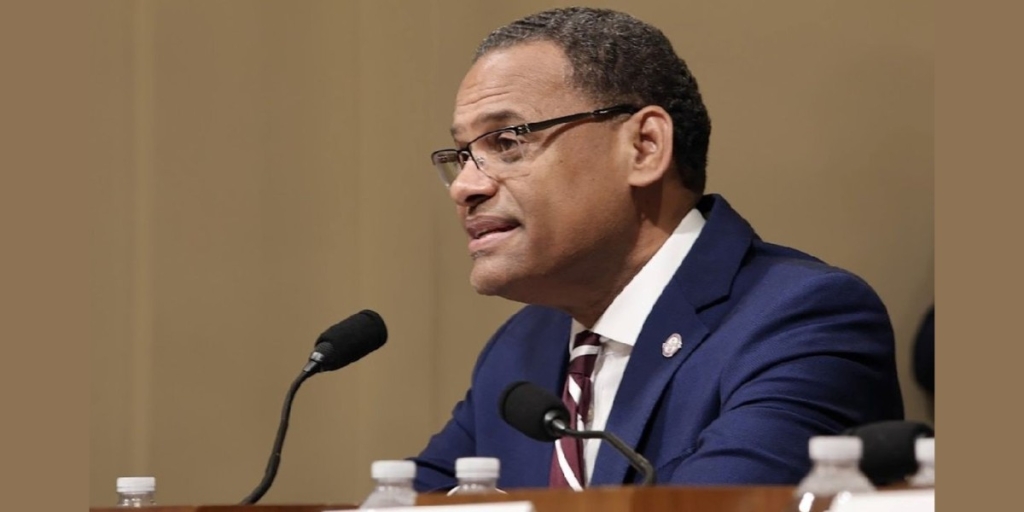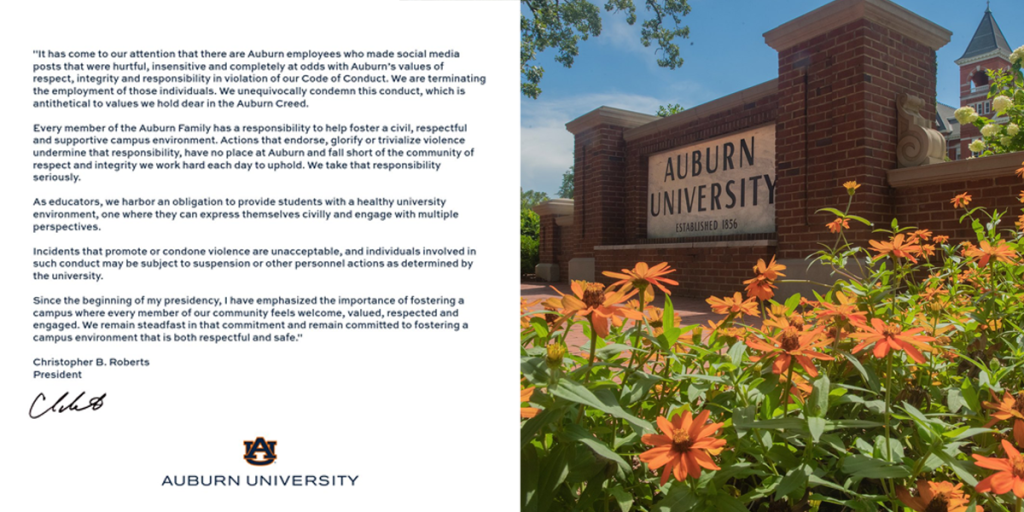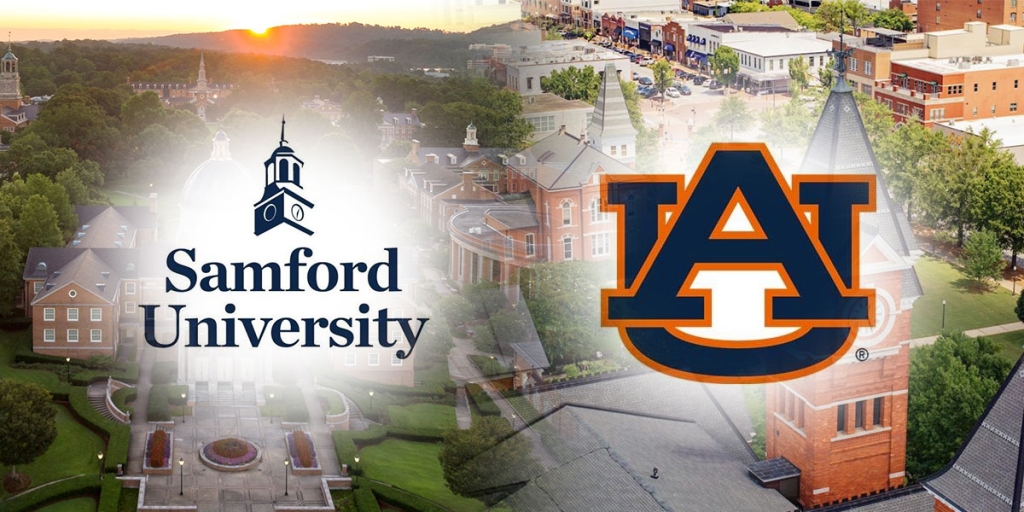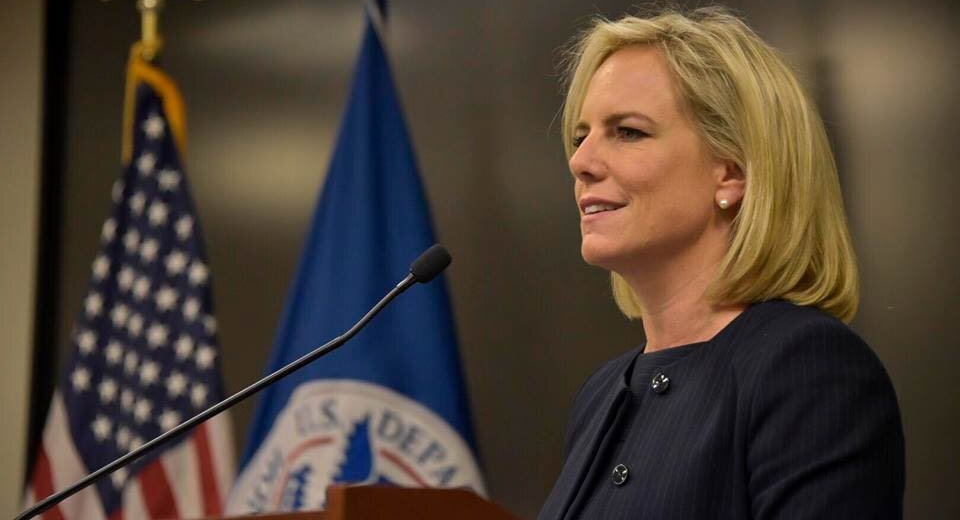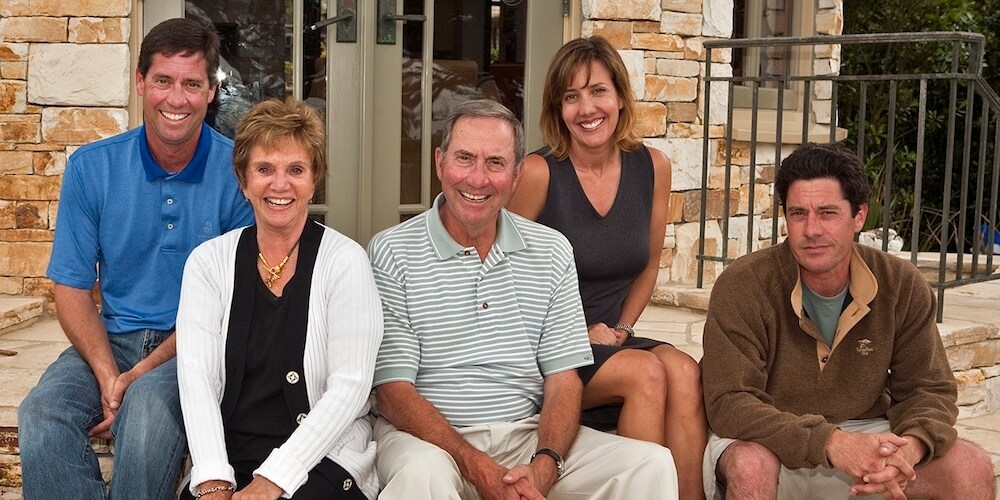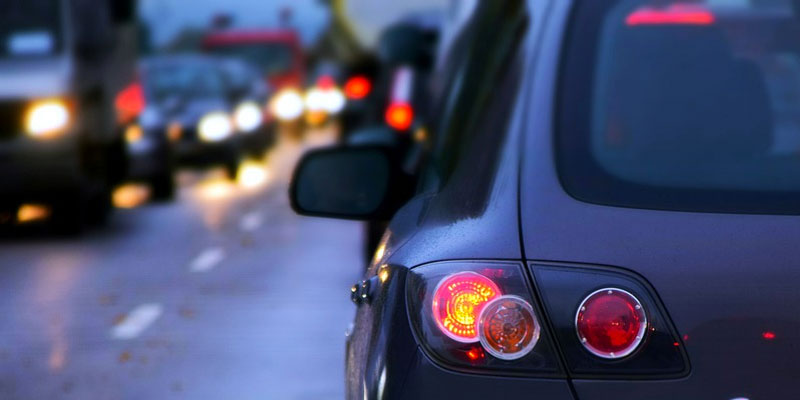Families of tiny Saloj, Guatemala, prayed for this day. Water gushed into the community for the first time in 12 years. Villagers cried happy tears, danced, and even shot fireworks. Potable water was accessible only by collecting rainwater or paying exorbitant fees to have it delivered by truck. Clothes weren’t often washed. Basic hygiene was minimized. Hydration was compromised.
Until Auburn engineers stepped in last summer.
Students designed a concrete basin to collect nearby spring water and a three-kilometer distribution network that carried the stream 500 meters downhill – directly to the people. Tears flowed. Water flowed.
Just Auburn being Auburn.
 “I looked around and every one of our students, including myself, were teary eyed,” said Christian Brodbeck, director of engineering research operations and a faculty advisor for Auburn University’s Engineering Without Borders student chapter’s annual project in Guatemala. “It was a very moving moment. Seeing the joy in others. Watching them sing praises. That’s the moment that defines why you’re here.
“I looked around and every one of our students, including myself, were teary eyed,” said Christian Brodbeck, director of engineering research operations and a faculty advisor for Auburn University’s Engineering Without Borders student chapter’s annual project in Guatemala. “It was a very moving moment. Seeing the joy in others. Watching them sing praises. That’s the moment that defines why you’re here.
“As engineers, we have the knowledge – and that gives us the responsibility — to apply what we’ve learned to implement projects like this and help people. Here in the U.S., we take for granted that we have access to clean water, food and shelter for basic necessities. Then you travel to communities such as this and witness the struggles. We’re perfectly poised to help solve those problems.”
Founded in 2014, Auburn EWB brings students together from all engineering disciplines to plan, develop and implement projects that empower communities to meet basic needs in select communities of Latin and South America.
Under the parent national organization, EWB-USA, Auburn EWB was one of six of 230 university chapters recognized at EWB-USA’s annual conference Nov. 9-11, in Reno, Nevada, for its fast-paced work, completing one project per year.
Auburn EWB has 60 active student members that are advised by faculty within the Samuel Ginn College of Engineering, including Brodbeck, assistant professor in mechanical engineering Tom Burch (Bolivia), associate professor in civil and environmental engineering Jose Vasconcelos (Guatemala), lecturer in mechanical engineering Joseph Ragan (Bolivia), and associate professor in civil and environmental engineering Jack Montgomery (Bolivia).
‘Lifechanging experience’
This past summer, Saloj, Guatemala, and Quesimpuco, Bolivia, were provided improved water and irrigation systems. In summer 2024, teams of students will return to the Andes Mountains Bolivian village of Pararia, Bolivia, and visit the village of Xeo, Guatemala.
“Engineers Without Borders is a lifechanging experience,” said Ann Inskeep, a senior in biosystems engineering and EWB’s vice president for internal affairs who spent nearly two weeks in the summers of 2022 and 2023 rebuilding irrigation lines in the Bolivian backcountry. “It’s difficult to describe the feeling. Working on this project for a year – then seeing it in your hands – is something else. Meeting community members, learning their personalities, and shaking their hands, is such a wonderful moment. The combination of the landscape’s beauty, our hard work and the accomplishment that brought tears to the eyes of the villagers is something to hold on to for a lifetime.”
Emily Skowronek, a senior in mechanical engineering who serves as EWB’s fundraising chair, and was part of EWB’s Guatemala project, said “nothing can embody the feeling of being there, experiencing the people and communities.”
“Hearing the villagers’ stories and experiencing the gratitude they showed toward the work we did, which changed their lives, changed me forever,” she said. “You can look at our pictures from going there and hear our stories, but until you are standing there experiencing it, you can’t comprehend how important the work is.
“I will never forget the community praying in their native language. It was so beautiful, and we could feel their compassion and gratitude in the room despite not being able to understand a word. We attended a workshop where community members said what water meant to them. It signified things like health and life. One woman even said we were a gift from God.”
Clean water will be on tap for more than 100 Guatemalan families
EWB team members are already feverishly working toward next year’s trips. Drawing out plans. Brainstorming fresh ideas. Sourcing equipment.
A team of EWB students assessed the water situation in Xeo, Guatemala, last August. The situation – like Saloj, villagers have no dependable, or operable, water distribution system.
Water will feed through a gravity-fed pipeline into chlorinated tanks, then distributed into the community – bringing clean water directly to roughly 110 families. Each house will have a tap for access to safe water, when needed, for cooking, laundry, bathing, or drinking.
“Xeo is very steep, so we have had to design the system for an elevation difference of about 300 meters, or close to 1,000 feet,” Skowronek said. “Once the design here is complete, the team will travel to Guatemala and use money we raised throughout the year to buy equipment like PVC and concrete. Then we will begin to implement the design. The community members are always so much help and just as eager to complete the project. Travel members and locals will work together and dig trenches for the pipeline, glue PVC together and install tanks.”
Improving crop irrigation at stake in Pararia, Bolivia
The problem in Pararia, Bolivia: a poorly constructed system of aqueducts resulted in high water loss. EWB returns – for the 12th time – in August 2024 to continue rebuilding the aqueduct network to bolster its irrigation and hydroponics systems, solar showers and more. EWB previously constructed a cement catchment tank to hold water at the top (highest elevated) spring. Next summer, a three-kilometer-long pipe will transmit water downhill to its designed target.
“Our Bolivia team is unique because we use high-density polyethylene pipe,” Inskeep said. “In the U.S., there is an intricate way to connect these pipes, but the foundation of EWB is to create simple solutions for life’s most prevalent problems. Our team went through a series of tests to determine how to connect these pipes together. Ultimately, we determined using a paint can of boiling hot vegetable oil and a tail pipe expander was the best method. Pipe clamps and barb couplings are used to keep the pipe together. The community loved this. We always bring new technology to the community, and it always changes their world.”
Irrigation lines aren’t just important for water consumption in Pararia, but also for crop rotation. There, corn, beans, tomatoes and potatoes are most prominent, while Brodbeck noted farmers were eying new ideas, including flowers, to turn a profit.
You can help
Rebuilding water distribution systems in far away lands doesn’t come without challenges. There are mechanical malfunctions, long hours and few showers, if any. It doesn’t come without cost, either. Supplies to construct the water systems – rebar, concrete, PVC, etc. – can be pricey, not to mention travel fare. EWB set a fundraising goal of $150,000 to cover both service trips.
“We raise all of our own money, and that money goes directly to our projects,” Skowronek said. “No one in this organization benefits financially from it. It is purely volunteer based, which is why fundraising is so crucial to the survival of our chapter and the work we do.
“Currently, we are encouraging our members to each raise $100. It’s heartwarming to see how every member of EWB is just as passionate about the club and keeping it going so that we can complete our mission and help others. Though I am blown away by how much our chapter has been able to raise, it is still only a drop in the bucket compared to what we need to continue these projects.”
Whereas corporate gifts and sponsorships provide a boost, EWB continues to source other means to cover the abundance of expenses. The annual Water Cycle 15-, 30-, and 60-mile benefit bike races on March 23 at Martin Dam on Lake Martin near Dadeville, is open for registration. Entry fees will directly support costs surrounding next summer’s drinking water and irrigation projects in Bolivia and Guatemala.
“Our students are amazing,” said Brodbeck. “They fundraised. They did the design work. They put the reports together and they do the construction on-site. I receive a ton of enjoyment out of working with our students and watching them grow into engineers, but more importantly, good people.”




